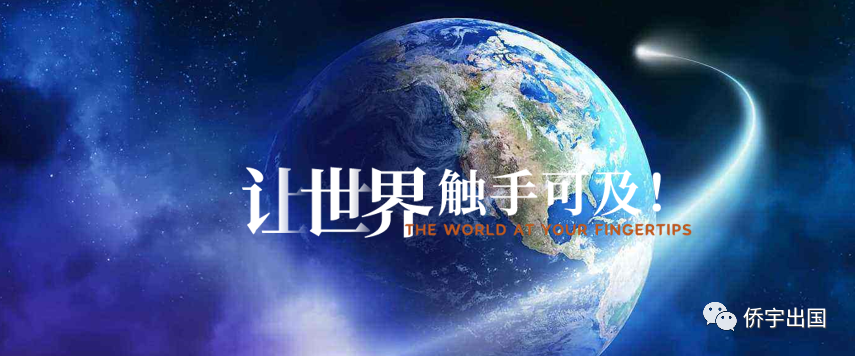
Recently, New Zealand immigration law expert Elly wrote an article to express her views on the new policy of (skilled) immigration, and she believes that there is actually a lot of "under-consideration" in the revision of New Zealand's (skilled) immigration policy.
"I think these new changes are taking too far a step forward, and the negative consequences of these policies are underestimated."
The starting point for the government's new immigration policy is good – hopefully a fair immigration policy that will benefit New Zealand, and also allow New Zealand to compete with countries such as Australia and Canada for the immigration workforce. However, the current constantly adjusting rules have led to increasingly complex policies, which has left migrants and New Zealand employers in a state of confusion.
One of the changes has come to the fore:
From 2023 onwards, all employers must obtain a (USCIS) qualification certificate before they can hire those holders of temporary (skilled migration) visas.
The new policy sends a clear signal to New Zealand employers that even if New Zealand's borders are wide open, it will not be as easy to hire (skilled) migrants as before.
Many employers who have never dealt with USCIS will need to be forced to think about whether they need to have the government conduct additional scrutiny and intervention in their own companies to qualify for employment immigration – some employers will not be able to apply, while others will be rejected.
For employers who already have an employee shortage, these changes will be very important issues for them to consider.
In reality:
New Zealand's agriculture, construction, seafood and meat processing industries, pensions, nursing, tourism and service industries are heavily dependent on migrant workers, and these industries are difficult to recruit New Zealanders to do the job.
Although the government has found many reasons, such as not paying high enough... But in the experience of many employers, New Zealanders are reluctant to do such work even if the industry is willing to raise wages repeatedly. It's not just wages, but also night shifts, away from home (drifting at sea) and manual work, which are jobs that New Zealanders don't want to do.
Improving employment policies is a recipe for employers who rely on hiring new immigrants
The second big problem:
Partners of temporary (skilled immigrant) work permit holders, in December 2022, six months later, if their partner holds a certified employer work permit, their occupation does not belong to the Green List or the salary is more than 2 times the median, then their partner will not be able to obtain a partner open work permit.
This means that the new rules send a new signal to employers that the number of immigrants holding open work visas in the market will be further reduced.
The new regulations for the post-graduation work visa for international students will also lead to a reduction in the number of immigrants holding open work visas in the market.
Most New Zealand international students want to find a job and settle down after graduation, and if this path is restricted, New Zealand will become a less than ideal study destination, and the decline in the number of international students will affect businesses that are accustomed to hiring post-graduation work visa or student visa holders.
A third question ensued:
It is reported that the New Zealand government has begun negotiations with some (labor-intensive) industries, including even setting a ceiling on the number of immigrants that can be hired in the seafood industry. Under the New Deal, employers were cornered
The Covid-19 pandemic has clearly demonstrated that the movement of new immigrants is critical not only to New Zealand's economy and trade, but also to the overall well-being and social fabric of New Zealand society.
During Lockdown, immigrants played a very important role in Supermarkets, Hospitals and Aged Care Facilities in New Zealand.
Summary of the situation
▼
From the government's point of view, it is hoped that the immigration policy will introduce high-level technical talents from all walks of life in various industries around the world for the country and create more competitiveness for the country
For the majority of employers of labor-intensive enterprises, the doctors of famous universities are not useful to us, to a few can work, this side is still waiting for shipments
New Zealand natives: After graduating from college, I wanted to sit in the office, I didn't want to raise sheep, to sell seafood
New immigrants: Get a stable job, I can get an identity, I can settle down with my family
Technology enterprise: an ordinary position, the local has broken the head, and the new immigrant will not be considered unless it is particularly excellent
The above supply and demand contradiction, in fact, in many countries, skilled (employer) immigration will appear, how do you think?